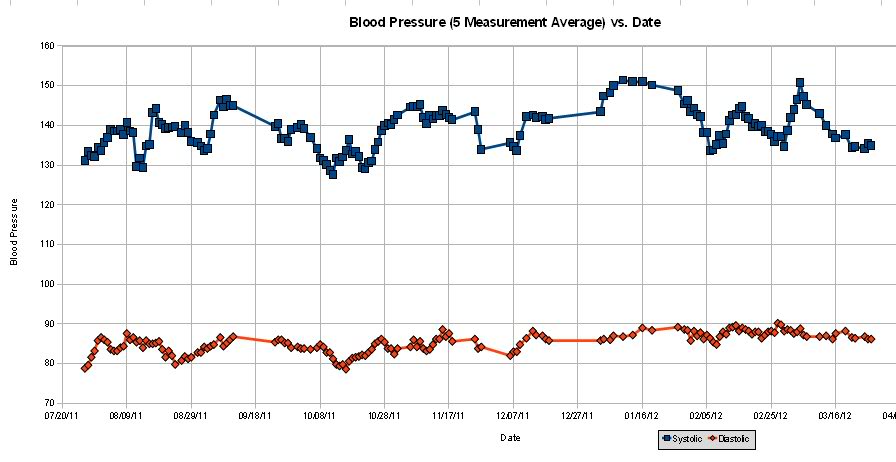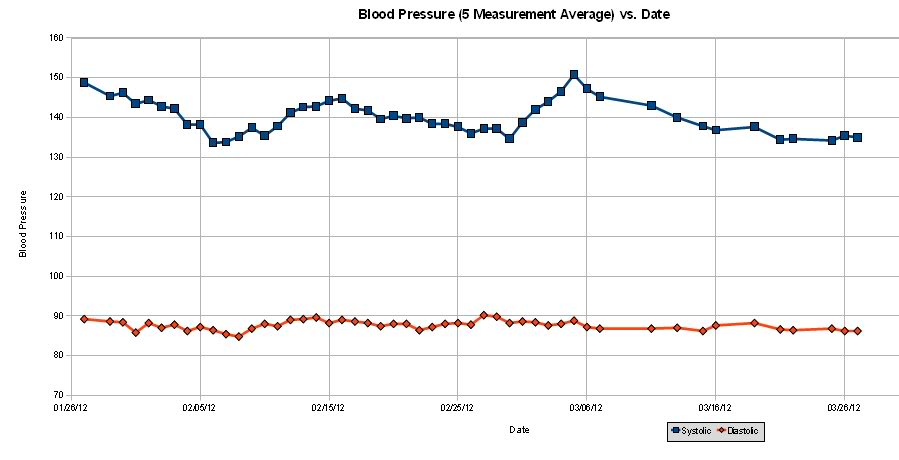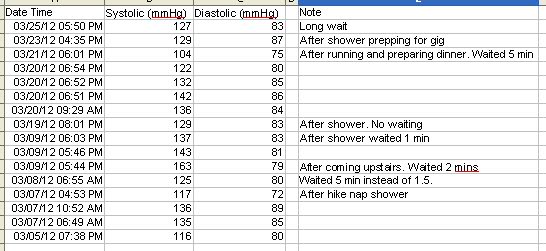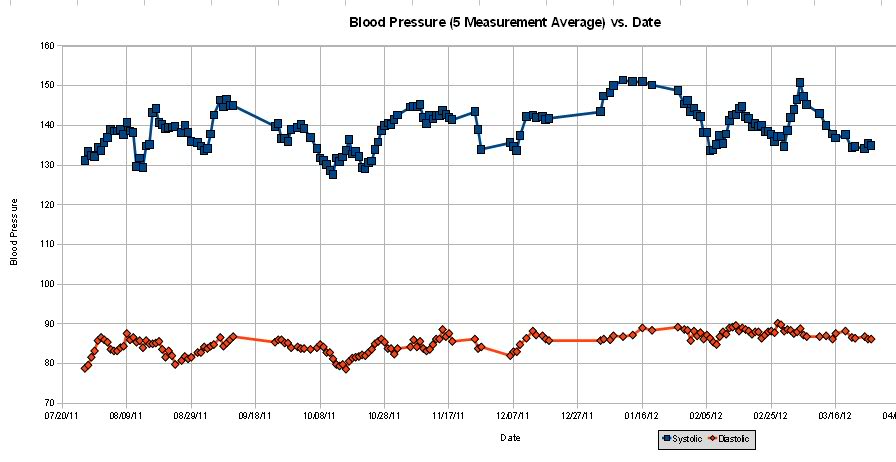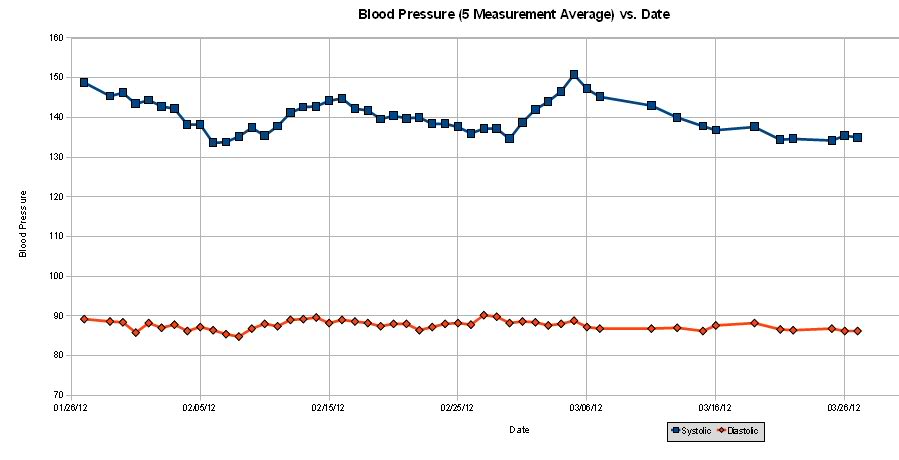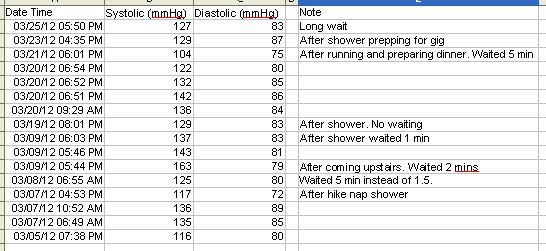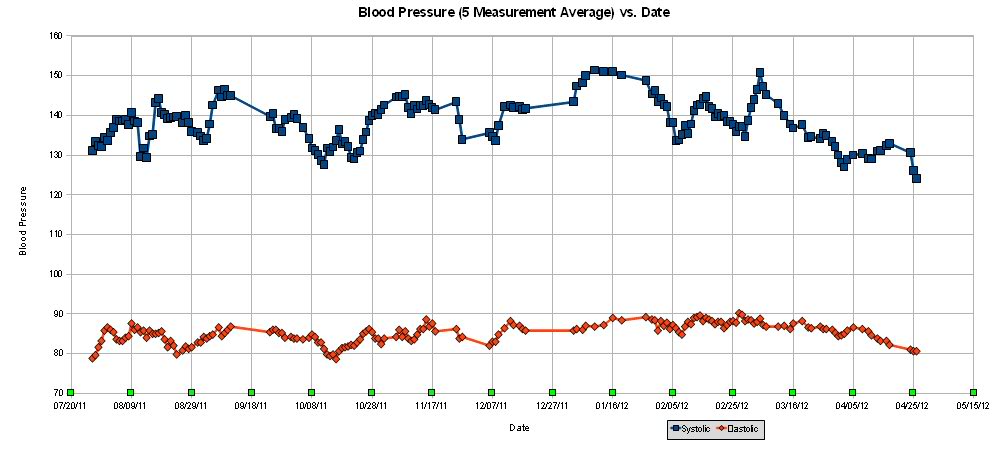I think my potassium is covered adequately with a banana on the cereal every morning,
Yes, but you'd need 10 bananas to get to the RDA for potassium.
Bananas have good PR when it comes to potassium.
A medium banana has 450 mg of potassium
A 4 oz serving of turkey breast has 465 mg
Half an avocado has 602 mg
A cup of cooked spinach has 1,166 mg
and the RDA is 4,700 mg (which some feel is too low).
POTASSIUM CONTENT OF FOODS
DAIRY PRODUCTS PORTION POTASSIUM (mg)
Cheddar cheese 1.5 oz. 42
FRUIT AND JUICES
Avocado 1/2 602
Banana 1 medium 451
Blueberries, raw 1/2 cup 65
Strawberries 1/2 cup 123
LEGUMES & NUTS
Almonds, roasted 1 oz 219
Beans, red kidney, cooked 1 cup 629
Walnuts, English, shelled 1 oz 128
MEAT, FISH,
POULTRY & EGGS
Chicken, dark meat, roasted 4 oz 284
Chicken, light meat, roasted 4 oz 458
Chuck, choice, lean, cooked 4 oz 276
Cod, broiled with butter 4 oz 460
Egg 1 large 65
Flounder, broiled with butter 4 oz 460
Ground beef, lean, cooked 4 oz 305
Halibut, broiled 4 oz 596
Pork, loin chops, lean roasted 4 oz 373
Shad, baked 4 oz 428
Sirloin steak, lean, cooked 4 oz 409
Tuna, in water, chunk 3 oz 257
Turkey, dark meat, roasted 4 oz 450
Turkey, light meat, roasted 4 oz 465
VEGETABLES AND JUICES
Beet greens, cooked 1 cup 480
Beets, cooked, diced, drained 1 cup 354
Broccoli, cooked 1 cup 414
Brussels sprouts, cooked 1 cup 846
Cabbage, red, raw, shredded 1 cup 240
Carrot, raw 1 246
Cauliflower, cooked 1 cup 240
Celery, raw 1 stalk 136
Coleslaw (w/mayonnaise) 1 cup 239
Collards 1 cup 498
Corn, cooked 1 ear 151
Eggplant, cooked, diced 1 cup 300
Green beans, cooked 1 cup 190
Green pepper 1 349
Lettuce, iceberg 1 cup 96
Lettuce, romaine 1 cup 143
Lima beans, immature, cooked 1 cup 376
Mushrooms, sliced, raw 1 cup 390
Okra, cooked 1 cup 268
Peas, cooked 1 cup 314
Potato, baked 1 long 782
Radishes 1/2 cup 185
Rutabaga, cooked, mashed 1 cup 1.320
Spinach, cooked 1 cup 1,166
Spinach, raw 1 cup 259
Squash, acorn, baked 1 cup 984
Squash, butternut, baked 1 cup 1,248
Sweet potatoes, baked 1 342
Tomato 1 medium 300
Tomato juice, canned 6 oz 413
Turnips, boiled, mashed 1 cup 432
Zucchini, cooked, sliced 1 cup 508
N

